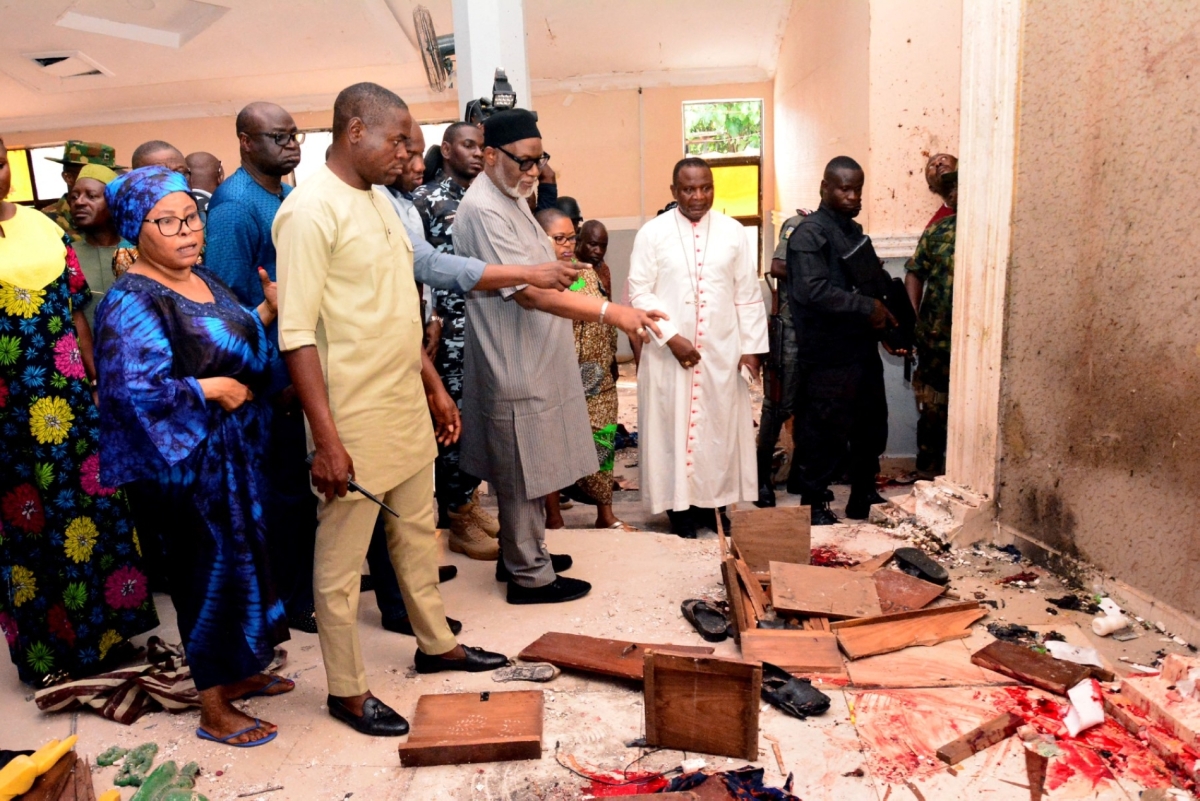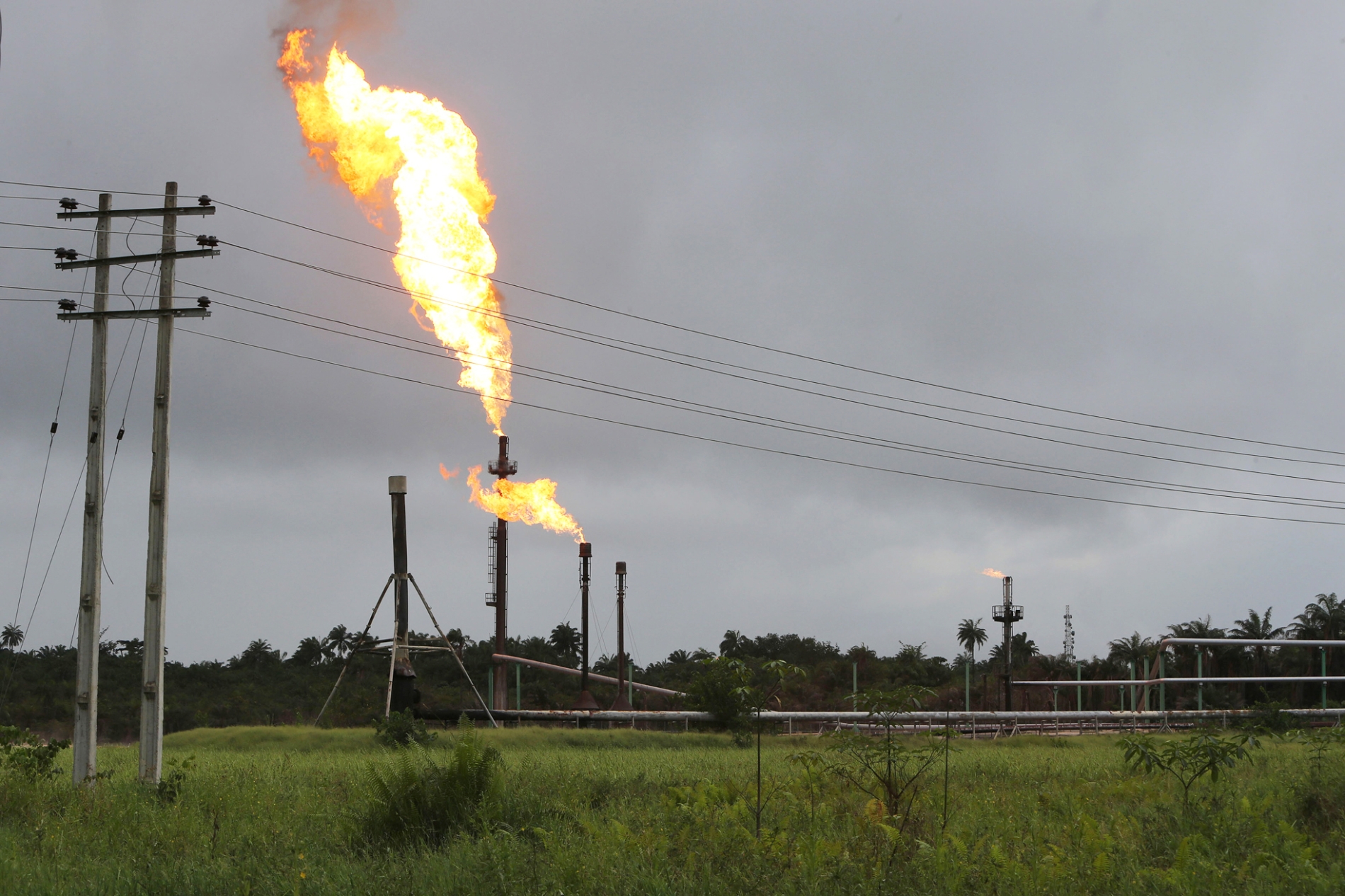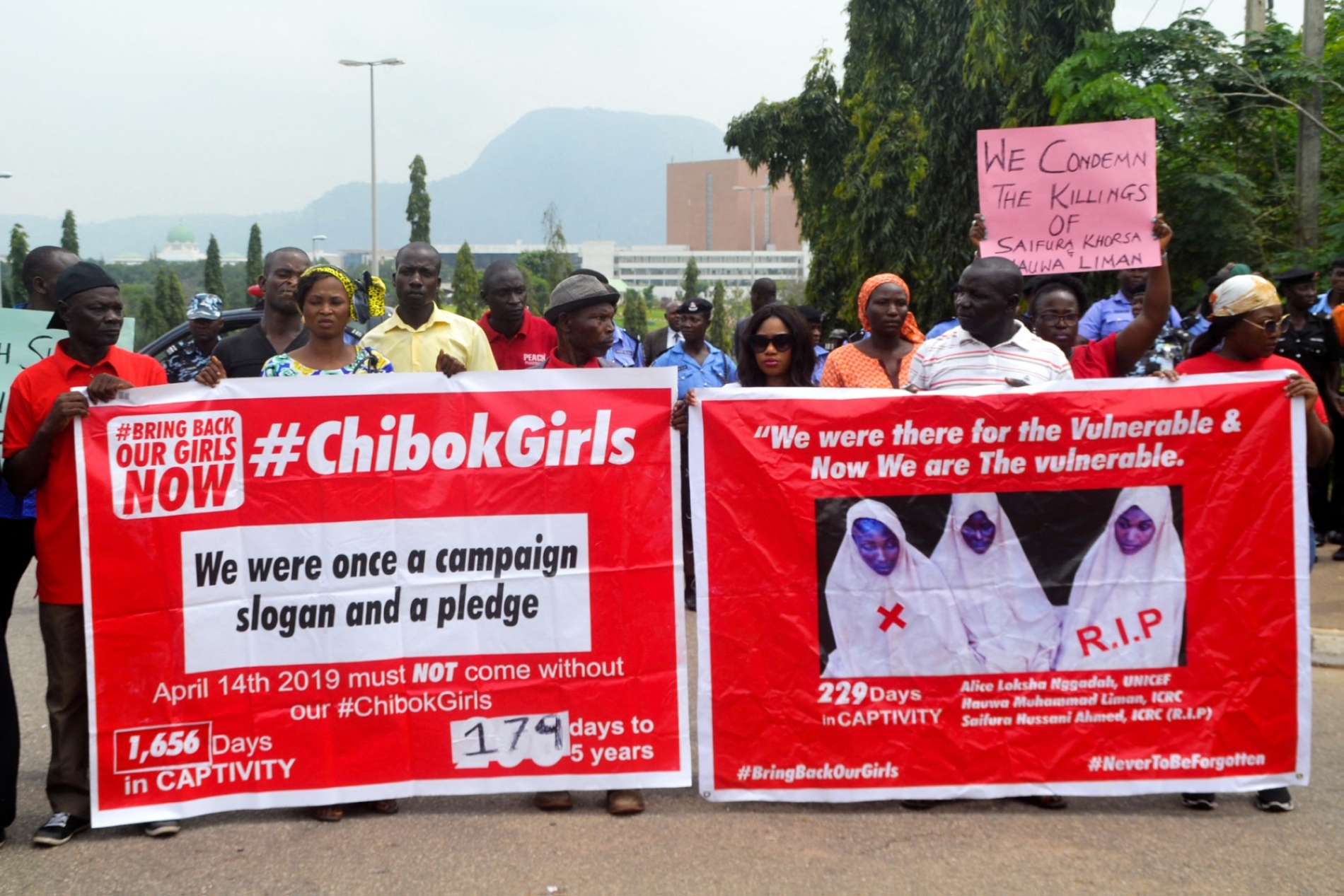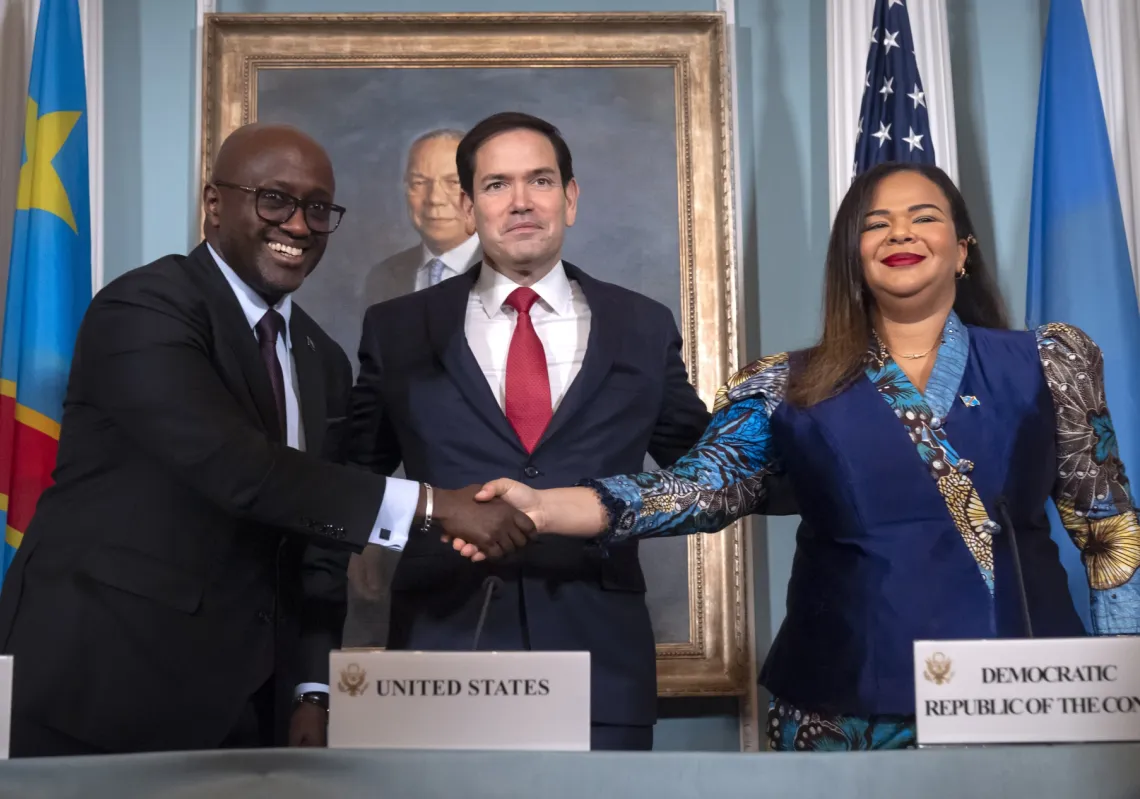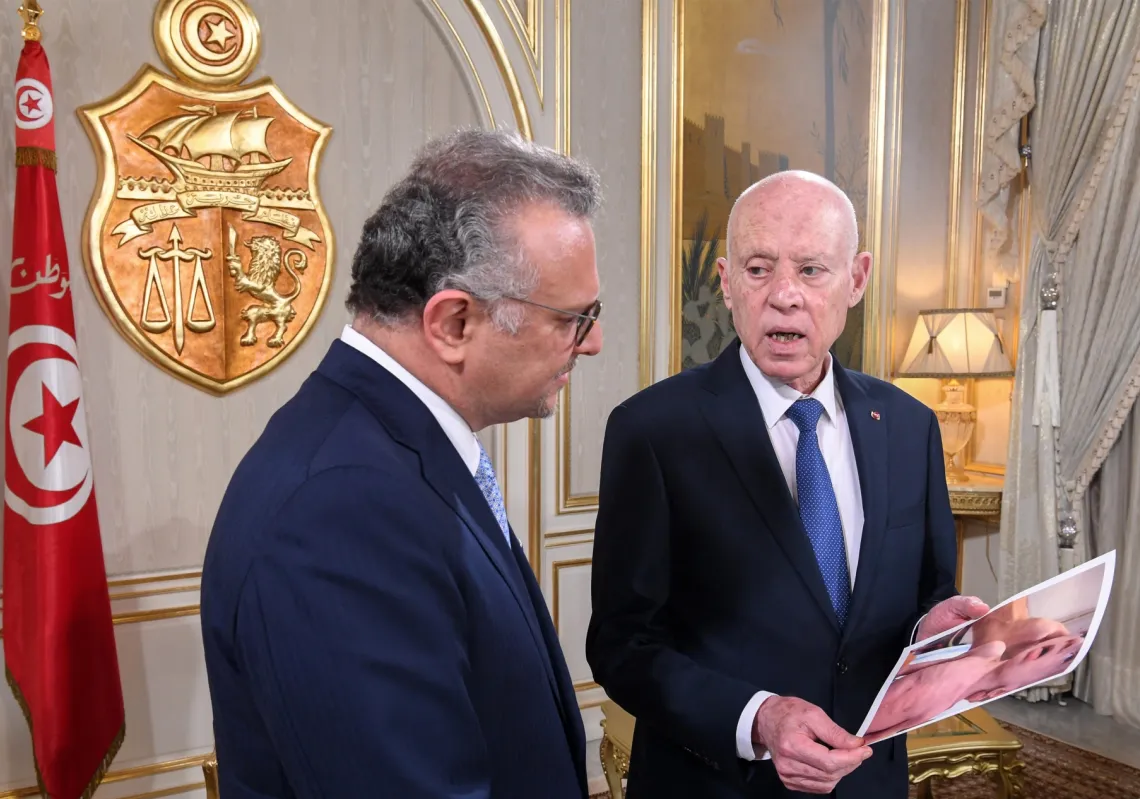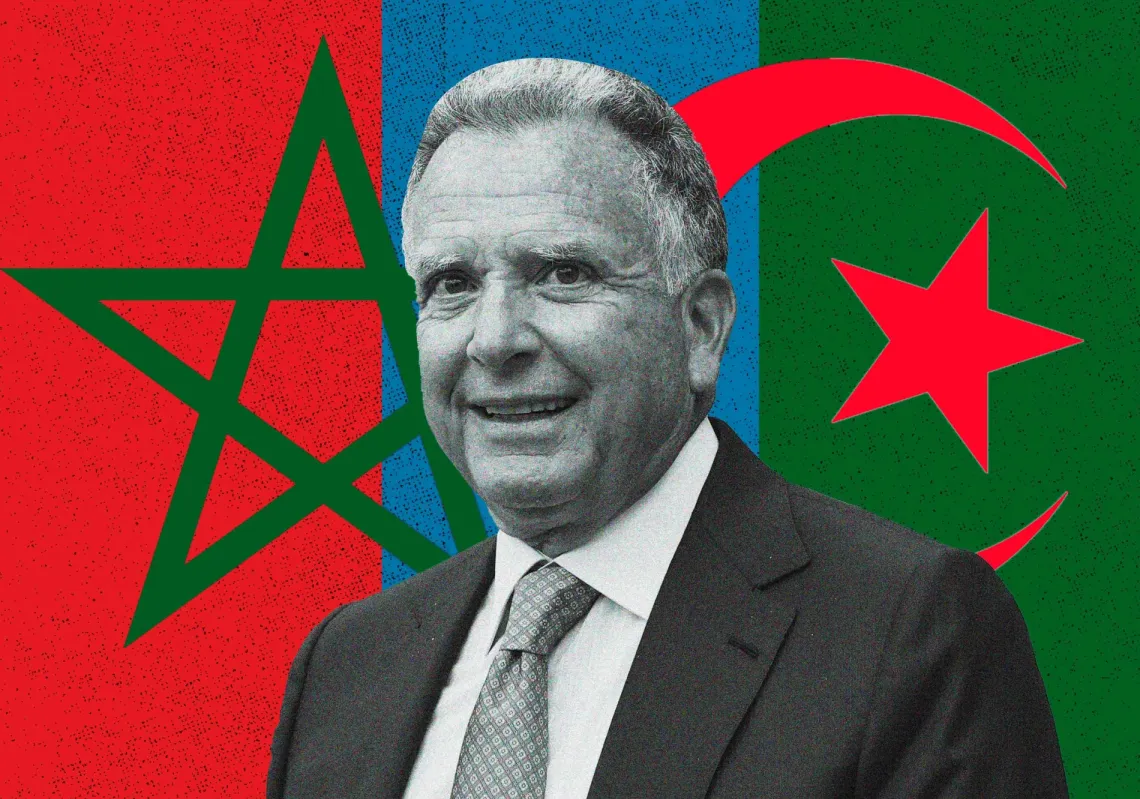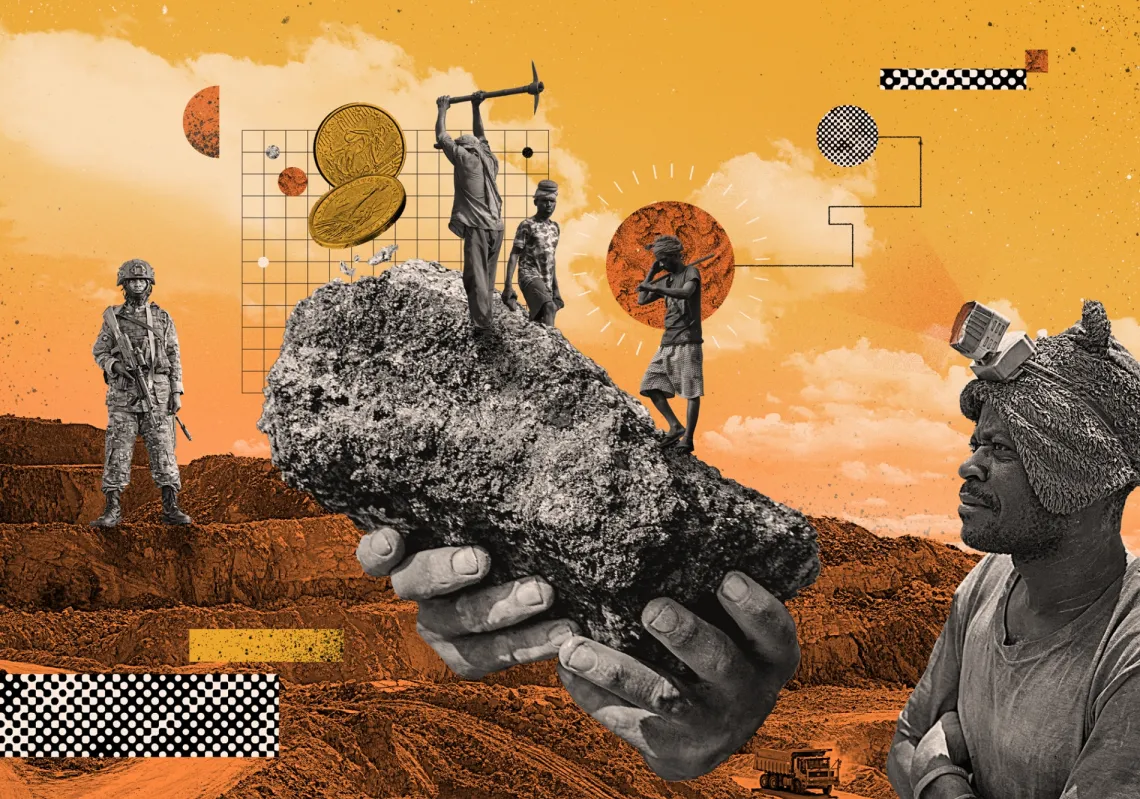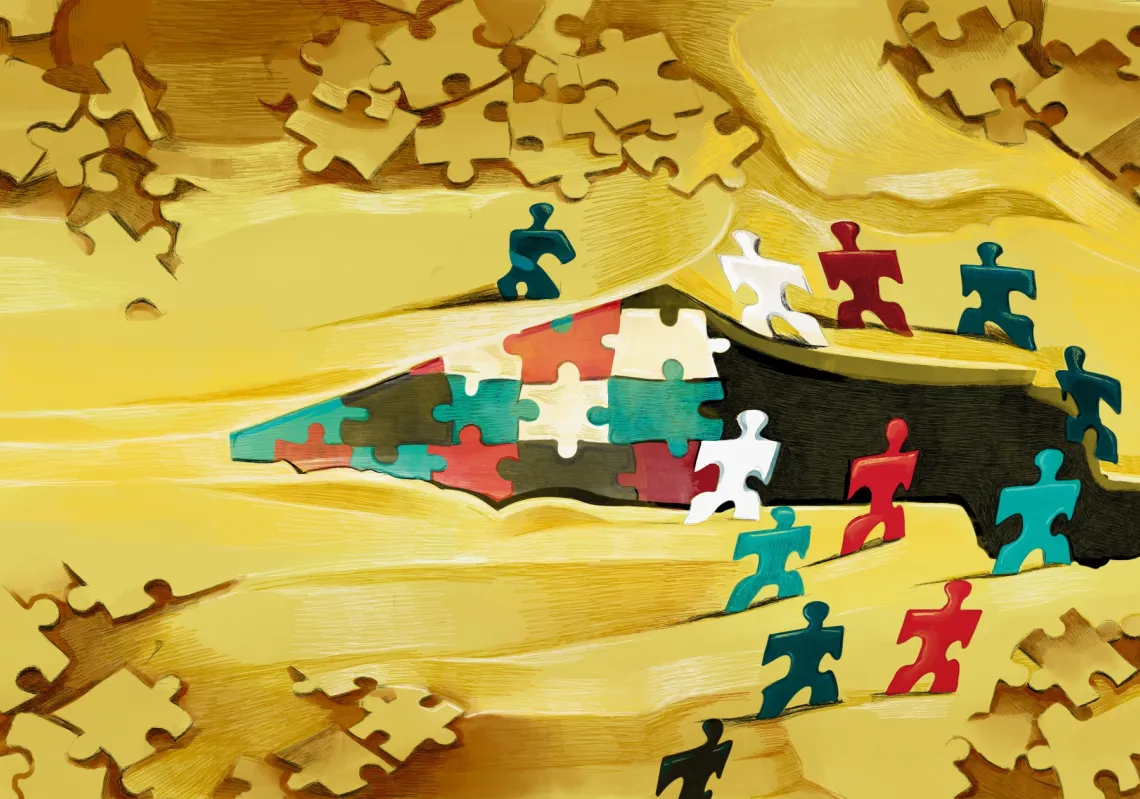Over the past year, a talking point about Nigeria has gradually gained a foothold in US right-wing media. It spread even to relatively liberal spaces such as Real Time With Bill Maher, and has now become an official government policy. On 31 October, US President Donald Trump instructed his cabinet to put the country in the category of “country of particular concern” and, if necessary, make plans for going in “guns-a-blazing.”
The ostensible reason: the Nigerian government’s terrible job in protecting “Christians” in its fight against bandits, terrorists, and other purveyors of insecurity. It’s true that there has been violence against Christians in Nigeria—but they are not the only victims, nor would US military intervention help.
Nigeria, Africa’s largest democracy, is a multiethnic, multireligious country, with the northern part of the country mostly inhabited by Muslims and the southern part of the country mostly inhabited by Christians. But the delineation is not black and white. The middle belt, often characterised as part of the north, has a number of non-Muslim residents. In the south, Christians, Muslims, and traditional animist believers live side by side.
While the vast majority of Nigerian Muslims live peacefully with their neighbours, the country has battled a militant Muslim insurgency, Boko Haram, for at least a decade. The global #BringBackOurGirls campaign arose after the kidnapping of about 276 schoolgirls aged 16-18 in April 2014 by Boko Haram militants in northeastern Nigeria. Boko Haram has been operating across Chad, Niger, Cameroon, and Mali since around 2002, but it has also carried out a number of insurgent attacks in northern Nigeria.
There are tensions between Muslims and Christians elsewhere in Nigeria, but these issues blur with the usual political divisions that that have bedeviled the country since independence. The mostly Muslim north enjoyed greater federal government power through the military for decades. (This issue stemmed from the north’s fear of elimination after the country’s first military coup, which mostly targeted northern politicians. Young northern men enlisted and eventually took over the military. This original sin is also part of Nigerian politics’ villain origin story.)
But in a country of nearly 240 million people originally pressed together by colonialism and often kept together by military force, painful tensions are inevitable—and religion is far from the only dividing line. Other violent groups in recent years have included the Bakassi Boys, a vigilante group that operated mainly in the southern part of the country; the Oodua People’s Congress (and lately Àmọ̀tẹ́kùn, its militant arm); and the Eastern Security Network, a militant group created to implement and enforce the aspirations of Nnamdi Kanu, the founder of the Indigenous People of Biafra, a separatist group whose aim is to cleave the eastern part of the country away from Nigeria.
The presence of oil in the Niger Delta, which forms the bulk of Nigeria’s foreign revenue, is a factor in many of these issues.
Another driver is the hunger and political corruption that have been a hallmark of much of Nigeria’s public life. The “End SARS” protests of 2020—led by young Nigerians who sought to end police brutality, through which agencies of state typically oppressed and extorted young citizens—ended with a military attack on unarmed protesters that killed dozens. Even the election that brought President Bola Tinubu into power was not devoid of ethnic and other types of violence.
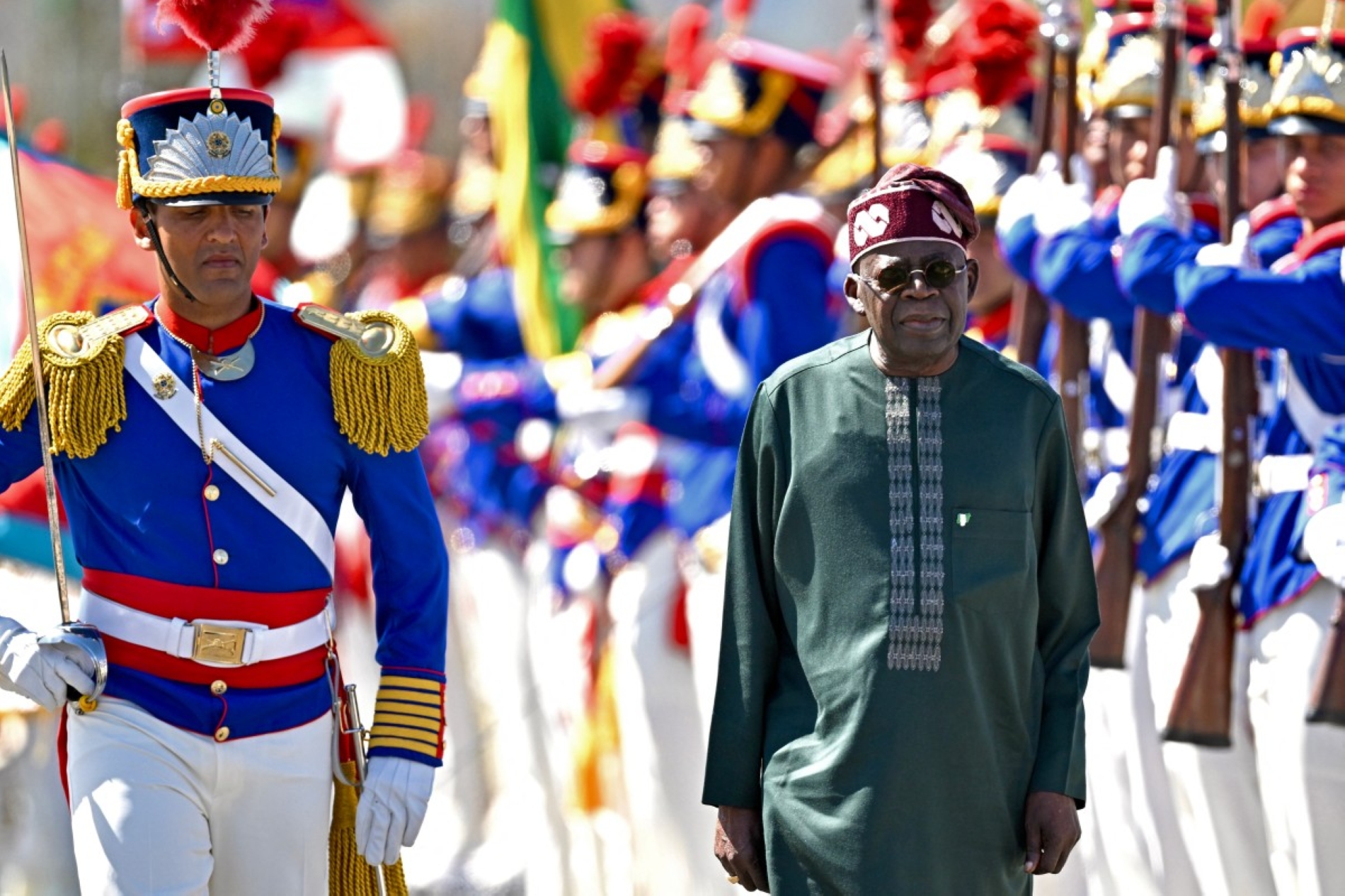
Another powerful driver of conflict is climate change —a topic, of course, that the Trump administration refuses to admit exists. For many years, the biggest causes of clashes between nomadic (and often armed) Fulani cattle herders and (usually unarmed) local farmers in the country’s middle belt have been the loss of grazing land due to the effects of climate change in the arid north and the incursion of these cattle into private farmland, which leads to violent clashes.
Religion, money, regional divisions, and volatile politics have produced a combustible situation—one that could turn into a roaring fire. US action would add fuel to this conflagration, not quench it. There have been many instances of violence against Christian communities recently and throughout history—but also against moderate Muslims, who are as much of a threat to religious fanatics as Christian residents are. Understandably, some have cried out for help from abroad.
In Plateau state in the middle belt, for instance, the Rev. Ezekiel Dachomo has spoken out about many of the issues affecting his community, including a recent attack on 14 October in the Barkin Ladi area, where at least 13 people were killed, all Christians. He has appealed for international intervention, having failed to get the federal government to take the long-running security problems in the state seriously. (I served in the National Youth Service program in Plateau state back in 2005 and 2006 and personally witnessed clashes between local farmers and Fulani settlers.)


